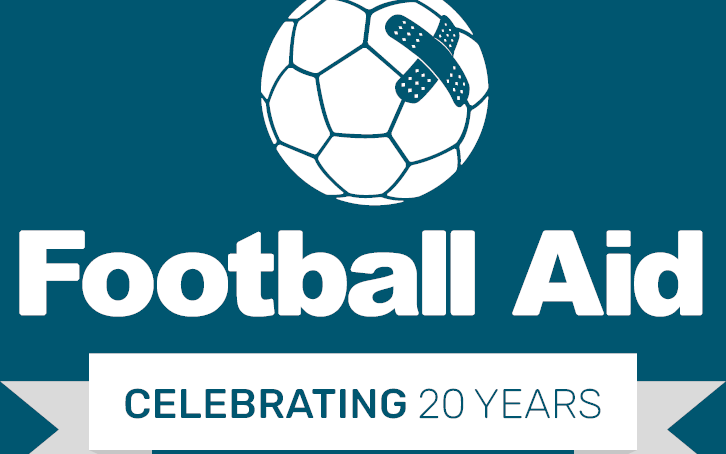Scientific researchers have discovered that a tendency for professional footballers to overuse the words ‘um’ ‘ah’ and ‘err’ in post game press interviews, could in fact be due to ‘small but significant changes’ in a players’ brain function owing to something seemingly as innocuous as heading a football.
All joking aside, the impact of potential brain trauma has become a hot topic in sport in the last few years, many will be aware of growing ‘concussion protocols’ both in real football and in ‘American Football’ and there are now a number, I believe, of investigations ongoing into the potential for damage, and following the successful campaign by the family of former England, West Bromwich Albion and Notts County striker Jeff Astle in raising awareness following his death from brain trauma back in 2002 – the corner described his illness as an ‘industrial disease’ related to him heading leather footballs – last May the Football Association themselves got their act in order and announced it would lead a study into links between the game and brain diseases later on in life.
Whilst those studies are no where near completion, this latest study has demonstrated that clearly heading a football does have a short term effect on memory and brain cognition.
Testing players who had headed a ball 20 times in test conditions based on normal practice, they discovered that memory performance was reduced by between 41% and 67% in the 24 hours after the routine session had taken place, and whilst there’s no indication of long term effects from this short term reduction – it obviously raises questions, albeit plenty more testing will be required before definitive answers are known.
One of the study’s authors has said however that in light of the results, they feel it wise that football should be avoided in the 24 to 48 hour period ahead of exams for example.
Co author and neuropathologist Dr Willie Stewart explained.
‘I think this evidence so far suggests – that if it’s just a short term thing and it’s just something that lasts 24 hours – I think if I were a parent of a kid who had an exam on a Wednesday, I would suggest to them perhaps that they miss football training on Tuesday certainly because I would want to do well in that Wednesday afternoon exam.’
Confirming the evidence shouldn’t lead to a panic, he added.
‘If you translate the evidence we’ve got now, we’ve got an immediate impairment of short and long-term memory – which does recover. It takes 24 hours to recover – so I would say, for that 24-hour period, if you’ve got something important coming up, that you shouldn’t be playing football.’
The University of Stirling piece was published in EBioMedicine, and for those who really want the specifics, the BBC cover that far better than I could.
Suffice to say the University also confirmed that one of the next steps in their research would be to look at longer term issues from regular game play to see if there were consequences down the line, which obviously wouldn’t and couldn’t be speculated upon at this stage.
Share this article


